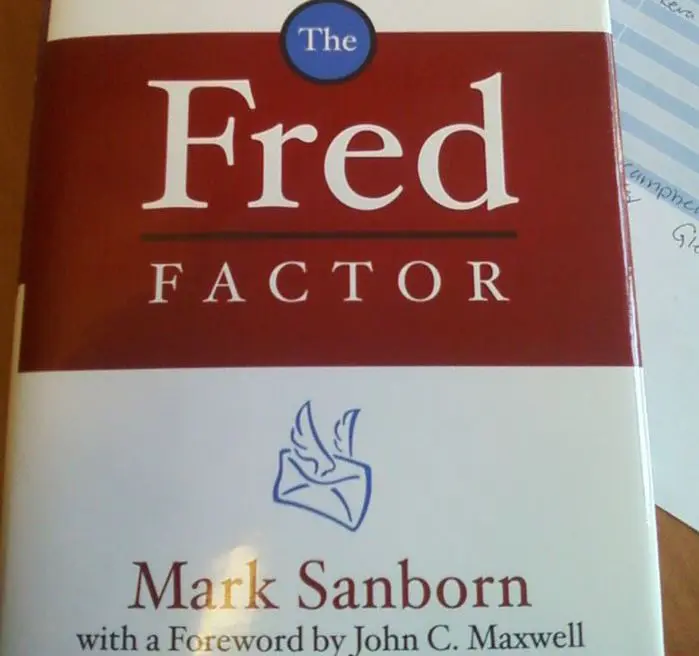The Fred Factor Summary

f you’re searching for a book that can truly change your life, look no further than “The Fred Factor” by Mark Sanborn. Packed with wisdom and practical advice, this book is a treasure trove of insights for anyone aiming to live a successful and meaningful life.
Nuggets of Wisdom from “The Fred Factor”
Here’s a summary of the key lessons from the book, which I’ve personally found to be life-changing:
1. Everyone Makes a Difference
“What kind of difference did you make today?” This simple question can be the guiding star in your journey. Remember, no one can stop you from choosing to be exceptional. Your value to others and the world depends on the positive impact you make daily.
Difference-Making Strategies:
- Identify Opportunities: Spot moments where you can make a difference.
- Target Your Impact: Focus on the people and areas where your actions will matter most.
- Be the Difference: Transform ordinary actions into extraordinary ones through reflection and intentionality.
2. Success is Built on Relationships
“Relationship building is the cornerstone of success.” Quality relationships drive the quality of your work and interactions. Invest time and effort in building strong connections because relationships create loyalty and partnership.
Principles to Improve Your Relationships:
- Be Real: Authenticity is key. Improve and innovate, but always stay true to yourself.
- Build Trust: Trust is the foundation of any relationship. Be genuine and consistent.
- Be Interested: Focus on others, show genuine interest, and you’ll earn appreciation.
- Listen and Empathize: Understand and value what others want and need.
- Be Honest and Helpful: Keep promises, avoid overpromising, and always strive to be of service.
3. Continuously Create Value
“Value creation is an ongoing process.” You don’t need money to add value; creativity and imagination are your best tools. Aim to outthink, not outspend, your competition.
Ways to Create Value:
- Tell the Truth: Authenticity and honesty are highly valued.
- Practice Personality Power: Be engaging and pleasant in your interactions.
- Anticipate Needs: Offer help before it’s asked for.
- Add Positivity: Enthusiasm, humor, and a positive attitude can transform interactions.
4. Reinvent Yourself Regularly
“Every day is a new opportunity to reinvent yourself.” Embrace the chance to grow and improve daily. Reflect on the past to shape a better future and keep evolving.
Tips for Reinvention:
- Journal Daily: Capture your thoughts and ideas to foster growth.
- Increase Your IQ (Implementation Quotient): Act on good ideas promptly.
- Learn and Adapt: Observe, adapt, and innovate based on the best practices you encounter.
Developing Your “Inner Fred”
“The Fred Factor” isn’t just about personal growth; it’s about inspiring others too. Here’s how you can spread the Fred Factor:
- Find and Encourage Freds: Look for individuals who naturally exhibit these qualities and support their growth.
- Reward Positive Behavior: Recognize and reward actions that embody the Fred Factor principles.
- Educate and Demonstrate: Share examples and lead by example to inspire others.
Conclusion: Live with Love and Generosity
At the heart of “The Fred Factor” is a commitment to treat others with dignity and kindness. Extraordinary acts stem from doing things with heart and living with love. This approach not only enriches your life but also leaves a lasting impact on others.
Call to Action: Ready to transform your life and work? Grab your copy of “The Fred Factor” today and start making a difference!
Related Self-help Books:
Life Changing Magic of Tidying Up Summary
